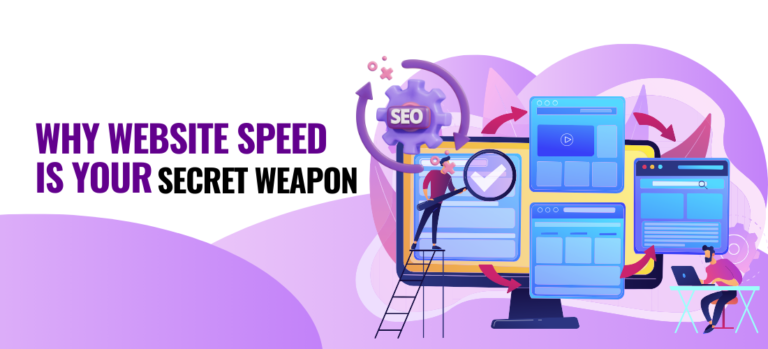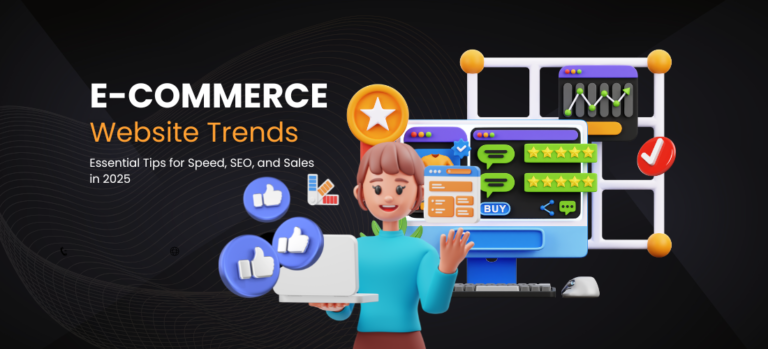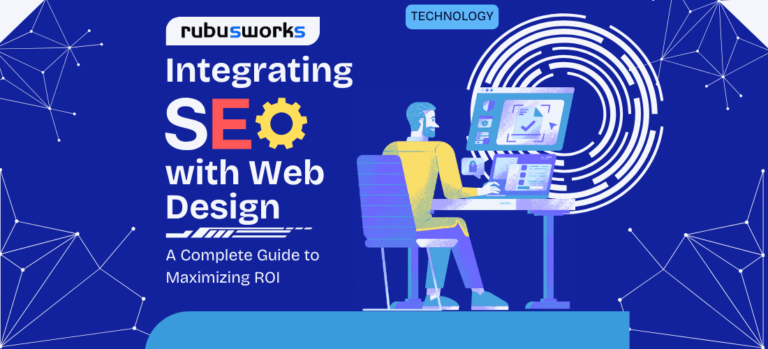Key Takeaways
- E-E-A-T (Expertise, Experience, Authoritativeness, Trustworthiness) is essential for evaluating content quality and SEO rankings.
- AI in Content Creation improves speed and efficiency but lacks human experience, which affects authenticity and trust.
- Challenges with AI: AI can mimic expertise but lacks real-world insights, making it less reliable and authoritative.
- AI Opportunities: Enhances content quality through data insights, fact-checking, and scalable production, with human oversight.
- Search Engines are adapting algorithms to assess AI-generated content and may introduce new E-E-A-T guidelines.
- Best Practices: Combine AI with human input, disclose AI use, and highlight human expertise to maintain E-E-A-T standards.
As Artificial Intelligence (AI) continues to revolutionize industries, its impact on content creation and SEO is undeniable. One of the most significant changes is how AI-generated content is reshaping the principles of E-E-A-T—Expertise, Experience, Authoritativeness, and Trustworthiness. These pillars have always been crucial for evaluating content quality and search engine rankings, but with AI tools like ChatGPT, Bard, and others, their dynamics are evolving. Here’s a breakdown of how E-E-A-T is adapting in this new era.
What is E-E-A-T?
E-E-A-T stands for Expertise, Experience, Authoritativeness, and Trustworthiness. It’s a set of criteria that search engines, particularly Google, use to evaluate content quality and its relevance to users. These principles are designed to ensure that content is credible, valuable, and useful to readers.
Why is E-E-A-T Important in SEO?
- Higher Rankings: Content that meets high E-E-A-T standards is more likely to rank well in search engine results pages (SERPs).
- Reliable Information: Search engines prioritize content that provides accurate, authoritative, and trustworthy information, especially on sensitive topics like health, finance, and law.
AI’s Role in Content Creation
AI tools like ChatGPT and Bard are changing how content is created. Here’s a look at their impact:
- Speed and Efficiency: AI can generate content quickly, making it easier to produce large volumes of material.
- Mimicking Expertise: AI synthesizes information from credible sources, presenting it in a way that can appear knowledgeable and authoritative.
- Lack of Personal Experience: AI lacks the real-world insights and personal experience that human creators can offer.
- Trustworthiness Challenges: Since AI doesn’t have genuine understanding, it can sometimes produce content that lacks accuracy or nuance.
- Human Oversight is Crucial: AI-generated content requires careful review to ensure it meets quality standards and avoids spreading misinformation.
How E.E.A.T. Has Transformed with AI Over the Years

Challenges to E-E-A-T with AI Involvement
As AI becomes more integrated into content creation, several challenges to maintaining E-E-A-T standards arise:
- Expertise: AI can mimic expertise by synthesizing credible sources but lacks true human understanding, risking the spread of misinformation.
- Experience: AI-generated content can feel impersonal, lacking the personal experience that adds credibility and relatability to content.
- Authoritativeness: While AI can sound authoritative, it doesn’t have the backing of real-world experts or a track record in the field.
- Trustworthiness: AI content may be unreliable or manipulated, potentially leading to misinformation or low-quality content.
Opportunities for Enhancing E-E-A-T with AI
Despite the challenges, AI can be harnessed to enhance E-E-A-T in the following ways:
- Improving Expertise and Authority: AI can provide data-driven insights and support human creators in crafting high-quality, well-researched content.
- Fact-Checking and Verification: AI tools can cross-check facts and verify information, helping to ensure content accuracy and trustworthiness.
- Scaling Content Creation: AI can help produce large volumes of content quickly while still maintaining E-E-A-T standards when combined with human input.
Search Engines’ Response to AI-Generated Content
As AI-generated content becomes more common, search engines are adapting:
- Algorithm Updates: Google and other search engines are refining their algorithms to better evaluate AI-generated content, focusing on how it aligns with E-E-A-T standards.
- New E-E-A-T Guidelines: There may be updated guidelines specifically designed to evaluate AI-generated content, ensuring that it meets the same credibility standards as human-created content.
Best Practices for Maintaining E-E-A-T in the AI Era
To ensure content meets E-E-A-T standards in the age of AI, consider these best practices:
- Combine AI + Human Oversight: Use AI tools to assist in content creation but rely on human expertise to ensure the content remains accurate and valuable.
- Disclose AI Use: Be transparent about the use of AI in your content. This maintains trust and shows you value honesty.
- Emphasize Human Expertise: Highlight the personal experience and real-world insights behind your content to differentiate it from purely AI-generated material.
Key Benefits of E-E-A-T with AI Involvement:
- Increased Efficiency: AI speeds up content creation at scale, enhancing productivity.
- Data Insights: AI provides valuable insights to improve content accuracy and depth.
- Enhanced Accuracy: AI helps with fact-checking and verifying information, ensuring trustworthy content.
- Improved SEO: AI optimizes content, boosting rankings on search engines.
- Content Consistency: AI ensures uniformity in tone and style across content pieces.
- Time & Cost Savings: AI streamlines production, saving both time and resources.
- Personalization: AI customizes content for specific audiences, improving engagement.
- Transparency: Disclosing the use of AI in content creation fosters trust with users.
AI is changing the way content is created, but human oversight remains essential for maintaining high E-E-A-T standards. By combining AI’s speed and efficiency with human expertise and experience, content creators can produce valuable, credible, and trustworthy content that resonates with both users and search engines. As AI evolves, E-E-A-T will continue to adapt, ensuring that content remains valuable and reliable in the digital age.
Top 5 FAQs on E-E-A-T and AI-Generated Content
- What is E-E-A-T and why is it important?
- E-E-A-T stands for Expertise, Experience, Authoritativeness, and Trustworthiness. It helps search engines evaluate content quality, ensuring it’s credible and reliable, which influences search rankings.
- How does AI impact E-E-A-T?
- AI can speed up content creation but lacks the personal insights and experience that make content truly authoritative and trustworthy. Human oversight is needed to maintain E-E-A-T standards.
- Can AI replicate human expertise and authority?
- AI can mimic expertise by using credible sources but can’t replicate human experience or judgment, making it less authoritative and authentic.
- How can AI improve E-E-A-T standards?
- AI aids with data-driven insights, fact-checking, and scaling content production. With human oversight, AI can help create more accurate, consistent, and reliable content.
- Will search engines change how they assess AI-generated content?
- Yes, search engines are updating algorithms to assess AI-generated content. New guidelines will ensure it meets the same E-E-A-T standards as human-created content.
Ready to elevate your brand with expert digital marketing?
At RubusWorks, we specialize in creating tailored strategies that drive results and grow your business. From SEO to social media, we’ve got the tools to make your business stand out.
Contact us today at contact@rubusworks.com for a free consultation and see how we can help you succeed online!





